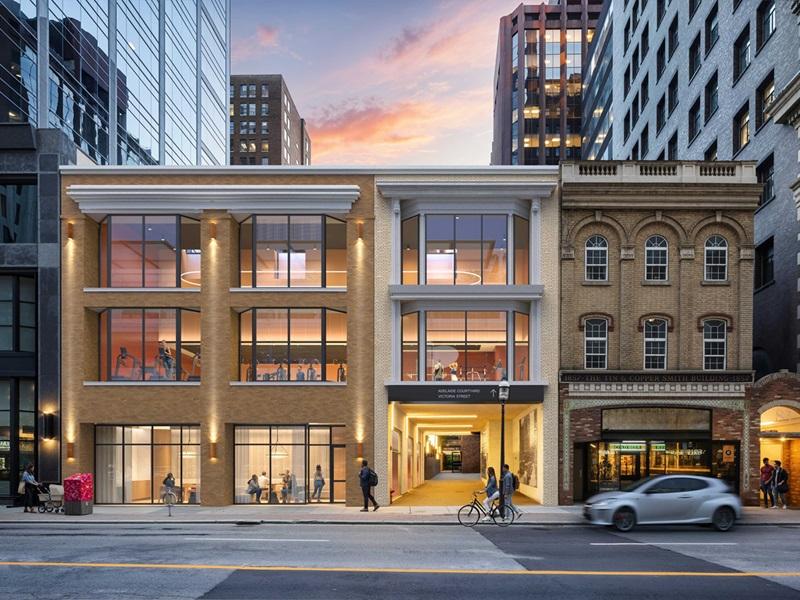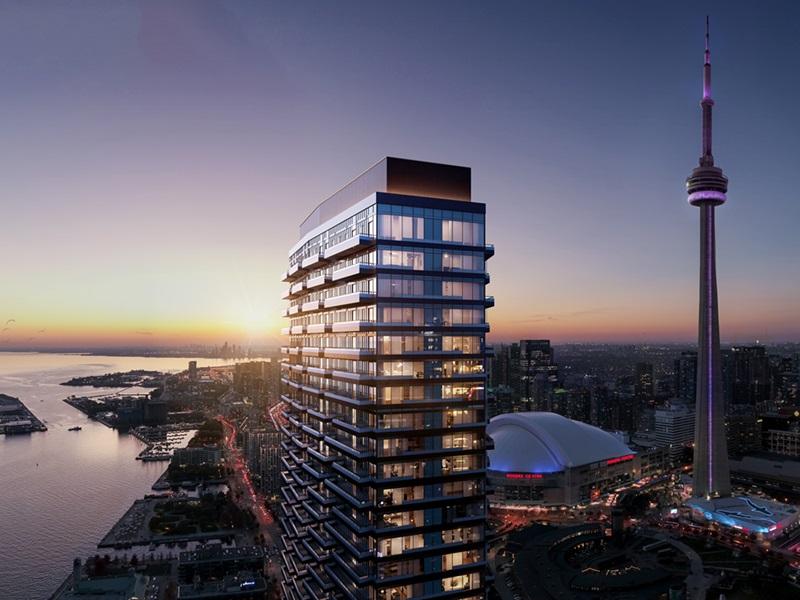During these uncertain times, as we approach the end of 2020, apartment buildings for sale in Ontario and Quebec are still few and far between; in fact, apartments have become the most coveted asset class, because people can’t (yet!) live online.
We have been successful in a few dispositions this year, and almost all of them involved a “bid process.”
During a bid process, an asset is presented to the market, and a future date is set for reviewing offers.
The “market” can be the market at large, or the brokerage database of proven buyers, or the most logical buyers for the asset – all dependent on the building, and the vendor’s comfort level of exposure (owners of apartment buildings are often notoriously discreet).
The bid date process
The offers can come on a template requested by the vendor (certain conditions).
However, vendors must understand a buyer can still submit an offer. The broker, under the listing agreement, is obligated to present it to ownership group, irrespective of its price and conditions.
Of course, most buyers are serious about acquiring the building and will follow the instructions laid out, but some do not. Vendors are always free to reject or ignore any, or all, received offers.
Our bid date process involves analysis of current and potential NOI, analysis of rental upside and demographic trends for the area – all facets of the ultimate sale price, as well as projected building refinancing for the ultimate buyer.
A tour of a few apartments and common areas is also agreed to by most vendors, for proven buyers who have downpayment proof and/or an undisputable track record. The potential buyers often receive verbal price guidance (as per the vendor’s instructions).
When offers come in, they are generally close together in price, giving the vendor the opportunity to have confirmed the market, as well as counter the offer that has the most favourable conditions. We generally present five to 10 offers during a bid process.
But, what if there are outliers?
Those one, or two offers that stand way above the rest in terms of price?
Caution and deeper analysis are required. Sometimes the non-serious buyers are easy to identify: it’s the buyer that calls and says “I don’t have the time to see the building, put in the vendor’s price expectations, three months to finance, and three more months to close.”
This is a buyer who is looking to tie up the building and raise the funds later, and/or renegotiate the price after a building tour/inspection (after all the other offers have gone away).
Some other times though, it is more subtle than that. Here are a few elements that you should consider in reviewing an outlier:
* A long closing date: This should always be a red flag as to the funds available and the intention of the buyer to renegotiate the price in the future. Time is always against deals and the longer it takes for a transaction to close, the less likely it is to close.
* No financing condition, yet the buyer refuses to agree to provide proof of funds: The gap between financing and purchase price has widened so much over the past two years or so that downpayment requirements have gone from approximately 30-35 per cent to 50 per cent-plus. This means that for a $6-million purchase price, the buyer would have to show a bank account balance of $3 million.
* A condition to visit ALL apartments aside from the inspection: There is no reason for a buyer, after doing an initial tour of two or three apartments, to request this as an additional inspection to the inspection clause. This probably means the buyer is looking for defects to point out in order to renegotiate the price, even before a certified inspector has been mandated.
* No “time is of the essence” clause: Legally, in offers without this condition, acting outside the specified delays has sometimes been proven acceptable in court. This is why, “time is of the essence” for delivery of deposit, or proof of funds, becomes key to be able to move on to the next offer should the accepted one not work out.
* Buyer’s refusal to provide a deposit – We have also heard the phrase “You know who I am, so I’m not providing a deposit.” In one of these instances, the vendor decided to accept this argument despite our advice. The buyer was ultimately unable to come up with financing as all of its many buildings were maxed out.
Be cautious of buyers who stand above the rest if you have done a proper bid process. The market decides the price based on many complex factors, not just NOI and location, but also buyer confidence, the willingness of banks to finance, available cash, even current politics.
If you have a current direct deal, look at it from more than just a legal perspective, to determine the true intention for closing.
Generally, when a vendor “cleans up the offer” with proper conditions and delays in a counter-offer, the outlier simply “goes away.”
Baron Realty specializes in matching buyers and sellers of apartment buildings. Ramona works in partnership with Mikael Kurkdjian and a team of real estate professionals to bring the best boutique-brokerage services to the apartment transactional space in Ontario and Quebec. ramona@baronrealty.ca










